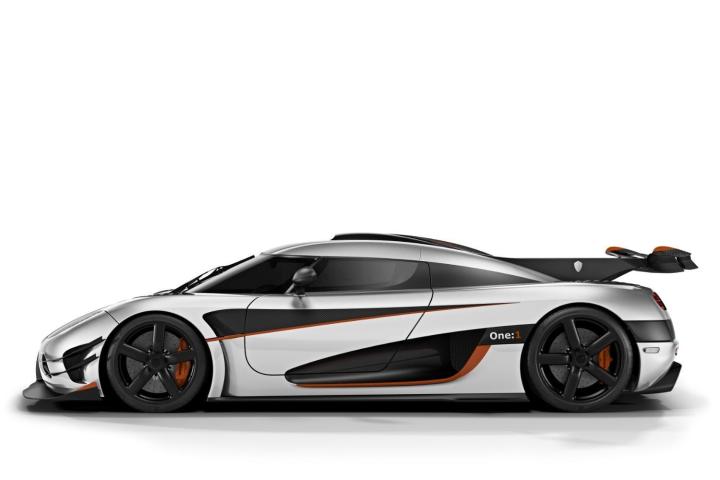
Koenigsegg has gone from sketches on napkins to making some of the fastest most desirable cars money can buy.
Just how has it accomplished this in the face of established marquees like Ferrari, Porsche, and Lamborghini? Secret Swedish government backing? The favor of the mighty gods of Valhalla? It is possible – especially that second one.
What we can say for sure is that it has been willing – from the start – to take risks on new technology. And on the revolutionary One:1 that new technology is 3D printing.
In the most recent installment of a video series documenting the development of the One:1, founder Christian Von Koenigsegg explains how his company has made 3D printing an integral part of its process.
If you are Volkswagen or GM you can have a team of ten spend six months designing a gas pedal in a facility devoted to the purpose. If you are Koenigsegg and you have just 50 total employees you don’t have that luxury, instead you have to be creative.
What the company has taken to doing is running one off 3D printed parts in ABS plastic to test them on the car for fit. This means it can get things just right before it makes the final tooling to produce the finished product in aluminum.
But the use of 3D printing goes beyond just simplifying the development process; it is also an integral part of performance.
To accomplish the goal of making a car that produced one horsepower for every kilo of curb weight, Koenigsegg had to consider every gram that went into the car. One of the solutions they came up with were the use of key 3D printed titanium parts. The most prominent is the exhaust, which is not only one of the largest parts ever printed from titanium, it is also a kilo lighter than the machined aluminum part it replaced.
Printed parts also contribute to the massive 1,360 horsepower. Koenigsegg decided to print the variable vanes in the turbocharger because the most efficient shape literally could not be machined. In this way Koenigsegg’s tiny size and small volume are an advantage.
As Christian Von Koenigsegg explained, it actually makes financial sense for them to use the more expensive 3D printing process, because Koenigsegg does not recoup its costs on tooling.
The lesson in all of this is that even in the tech age, size isn’t always an advantage. A tiny company like Koengisegg has the flexibility to adopt the latest solutions, and frankly with the One:1 the results speak for themselves.
Editors' Recommendations
- Los Angeles-based Czinger is 3D-printing a 1,232-hp hybrid hypercar
- This 3D-printed electric car could be sketchiest Kickstarter yet
- Volkswagen and HP want your next car to have 3D-printed parts


